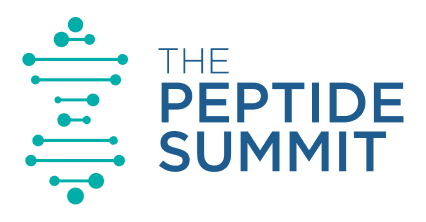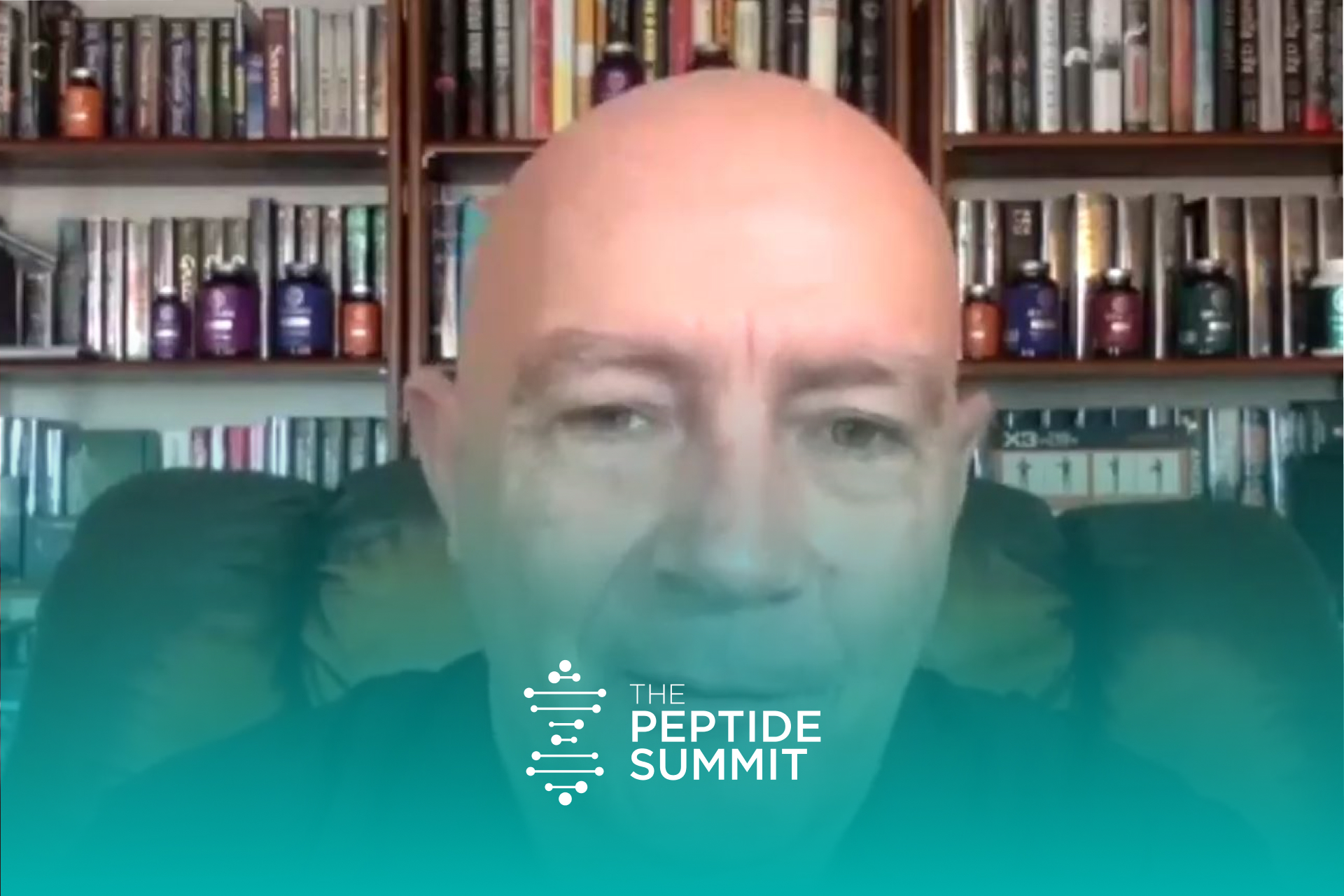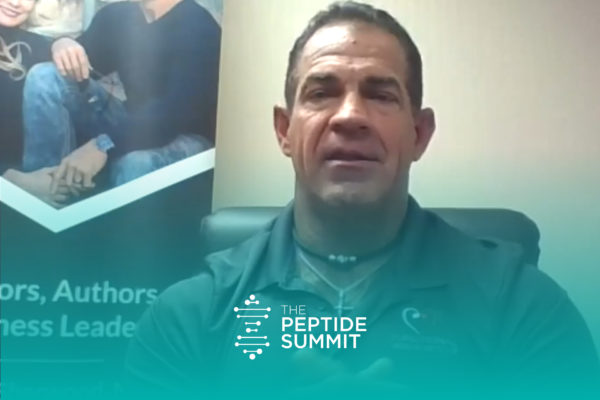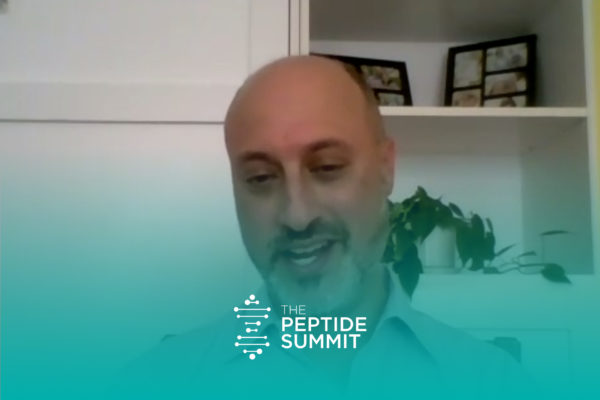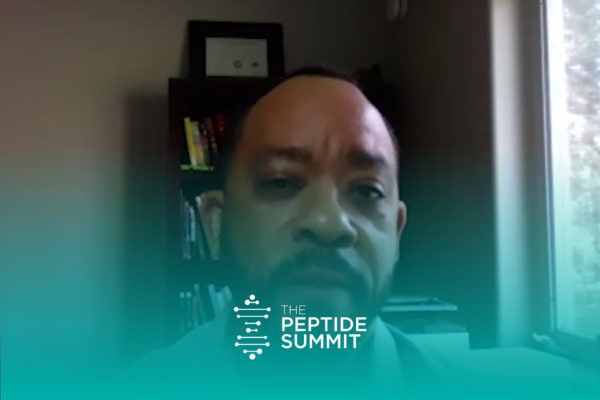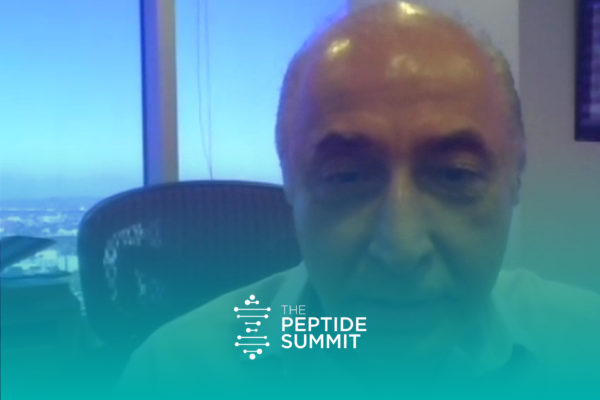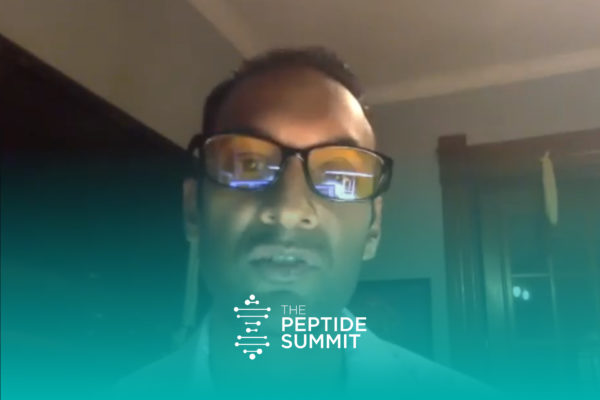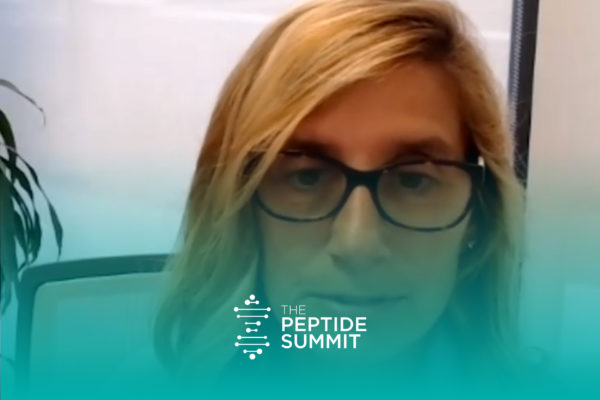Join the discussion below
Gregory Kelly is Director of Product Development at Neurohacker Collective, naturopathic physician (N.D.), and author of the book Shape Shift. He was the editor of the journal Alternative Medicine Review and has been an instructor at the University of Bridgeport in the College of Naturopathic Medicine, where he taught classes in Advanced Clinical Nutrition, Counseling Skills, and Doctor-Patient Relationships. Dr. Kelly has published hundreds of articles on natural medicine and nutrition, contributed three chapters to the Textbook of Natural Medicine, and has more than 30 journal articles indexed on Pubmed. His areas of expertise include nootropics, anti-aging and regenerative medicine, weight management, sleep and the chronobiology of performance and health.
Neurohacking and Other Products
The website is Neurohacker.com for guides on neurohacking. For brain products, there’s this premier Qualia Mind and an entry level called Qualia Focus.
The Qualia Vision is designed for people who spend a lot of time on computers. Qualia Life is for people concerned about healthy aging. The Qualia Immune is a great immune product and also more of an exercise for the immune system.
Qualia Night is categorized as a sleep product that helps people get better quality sleep. The Qualia Skin is a beauty from within the category that helps people get healthier, better looking skin from the inside.
Qualia Mind’s idea was that if the brain has more resources, it is capable of performing lots of other things then kind of taking care of themselves. So even though you and I have both worked with patients at different points, you’re still actively doing it, I’m not.
Naturopathic doctors would routinely ask people to change their behaviors. So just mentioned that, like, you and I, doing our normal behaviors, that we would be asking someone else to do, we would be like the expert pianist. It’s not taking our brain nearly as much energy to do those things, as it would take someone trying to start those, and be like become good at them, right? So one of the things, in terms of where nootropics benefit, really, anyone, is that if we’re needing to make changes in behaviors, or some other areas of our lives, our brain needs the extra plasticity, the extra energy, that things like nootropics can benefit.
What Is A Nootropic?
The idea of nootropics was started in the ’50s and ’60s by a Romanian chemist and psychologist. He was trying to create a sedative, basically, something to induce sleep and made Piracetam, so it was the first- under a category called Racetams. And he found it wasn’t very good at inducing sleep, but when he gave it to animals, it helped them be more resilient to things that would normally affect their ability to learn, or their, like, behaviors. It was essentially neuroprotective, so it was protective of the brain. And so he coined the word “nootropic” in the early ’70s, and it basically- it’s from two Latin or French words. And it would mean something like bending the mind, or mind bender. But think of it, plasticity would be what we would think today, right? Like that idea of neuroplasticity, something that’s gonna up-regulate the ability to retrieve information, learn new information, and then put it all together to make sense. So nootropics, in a general sense, would be things that help us think better, like anything related to having the brain perform better. And usually with the implication, that we’re not trading off performance for some unwanted side effects. So something like caffeine would be a nootropic, but in a fairly narrow dose range. So a lot of nootropics are not more is better, I think of them like Goldilocks and the three bears, right? There’s a just-right amount, or just-right range, where they tend to have the more nootropic benefit.
Caffeine as a Great Nootropic Substance
Caffeine is, by far, the most widely used nootropic substance on the planet. Caffeine helps with arousal, so staying alert and awake. And then in neuroscience, and in the DSM-5, there’s this idea of cognitive domains. So, you know, so you have a memory domain, you have executive function, you have attention, you have language, you have social cognition. And where coffee excels is in that attention domain. So reaction times, and being able to process information quickly, but that happens at a relatively modest dose of coffee, and more coffee.
Choline
Alpha-GPC and citicoline are two best nootropic cholines.
